
Find Help
More Items From Ergsy search
-

Can men be perpetrators of honour based abuse?
Relevance: 100%
-

What is Honour Based Abuse?
Relevance: 78%
-
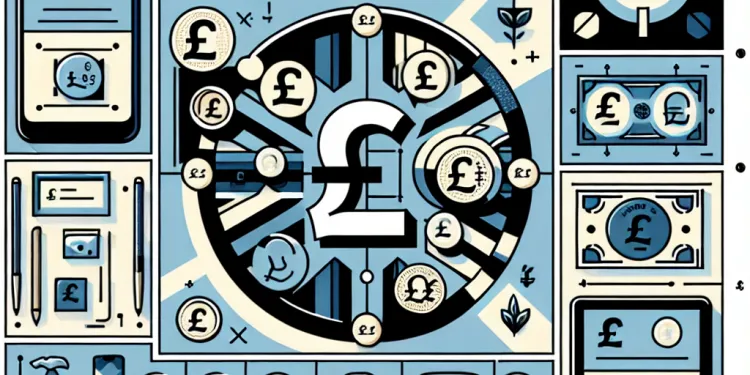
Is honour based abuse a cultural practice?
Relevance: 74%
-

Who can be a victim of honour based abuse?
Relevance: 62%
-
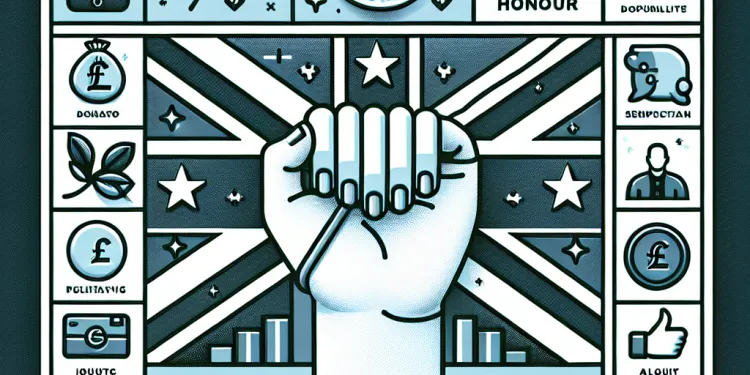
How does honour based abuse impact victims?
Relevance: 60%
-
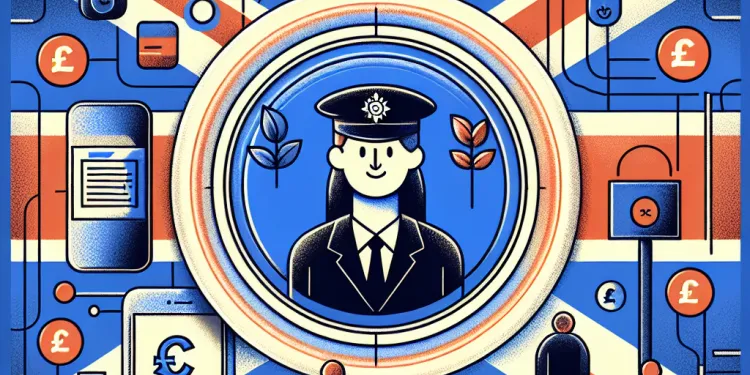
What are the signs of honour based abuse?
Relevance: 58%
-

How can honour based abuse be prevented?
Relevance: 55%
-

What forms can honour based abuse take?
Relevance: 51%
-
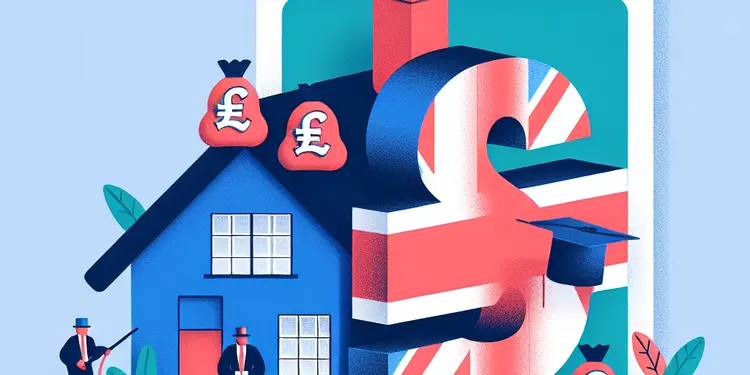
Who can be considered a domestic abuse perpetrator under the new law?
Relevance: 47%
-

What is the purpose of honour based abuse?
Relevance: 33%
-

How prevalent is honour based abuse?
Relevance: 33%
-
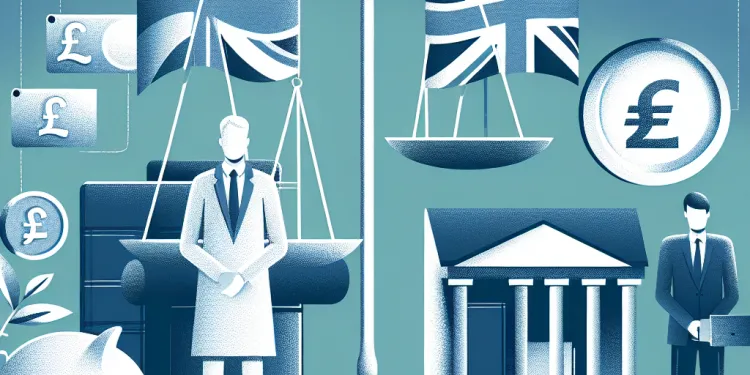
Understanding the New Domestic Abuse Laws in the UK
Relevance: 30%
-

What is the new Domestic Abuse Act in the UK?
Relevance: 29%
-

When did the Domestic Abuse Act 2021 come into effect?
Relevance: 29%
-
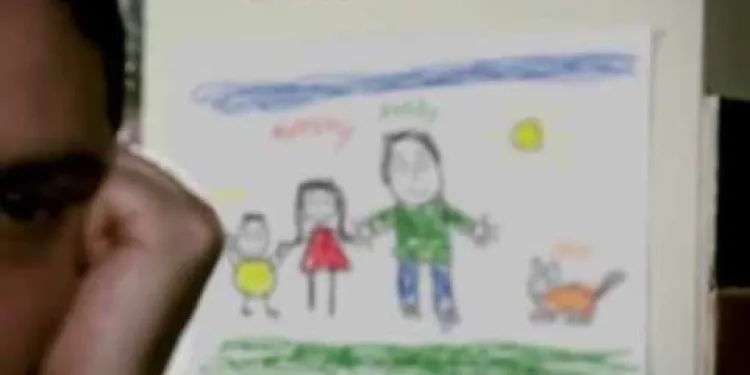
Are you a male victim of domestic abuse?
Relevance: 29%
-

Understanding the Impact of the UK's New Domestic Abuse Legislation
Relevance: 28%
-

When Kids Abuse Kids
Relevance: 27%
-
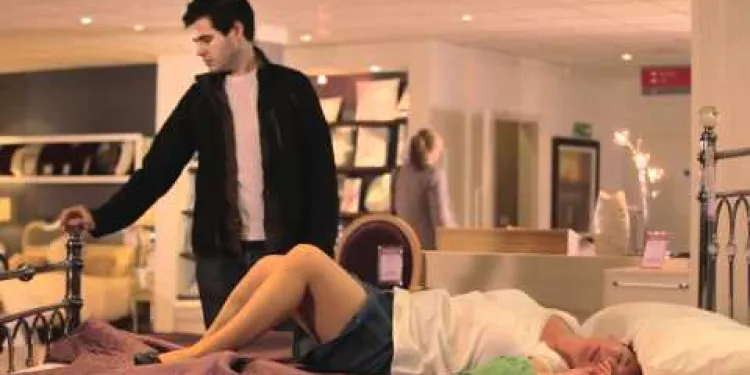
Live Fear Free - Domestic Abuse
Relevance: 25%
-
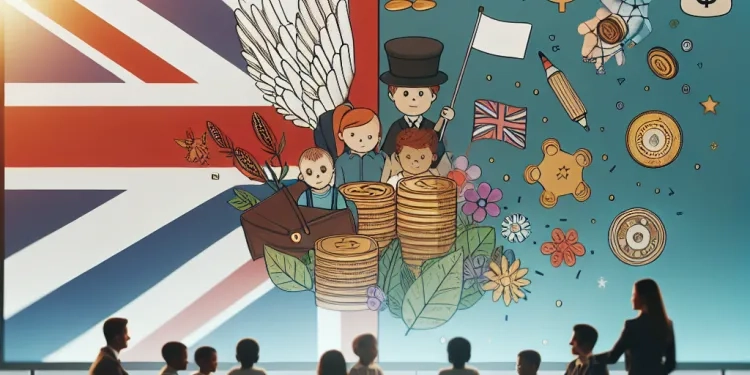
Three-year limit for child sexual abuse claims to be removed
Relevance: 25%
-
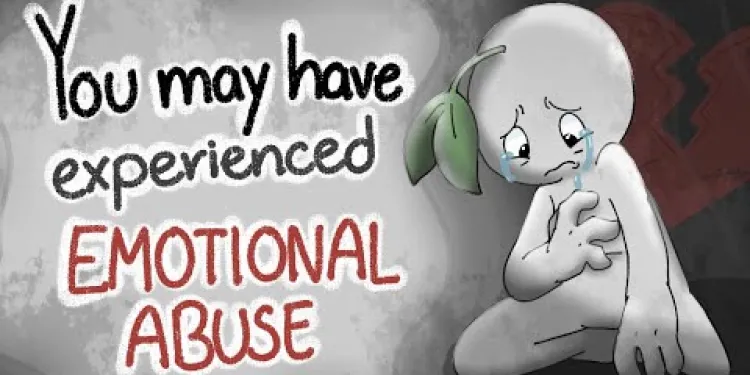
6 Signs of Emotional Abuse and Neglect
Relevance: 23%
-
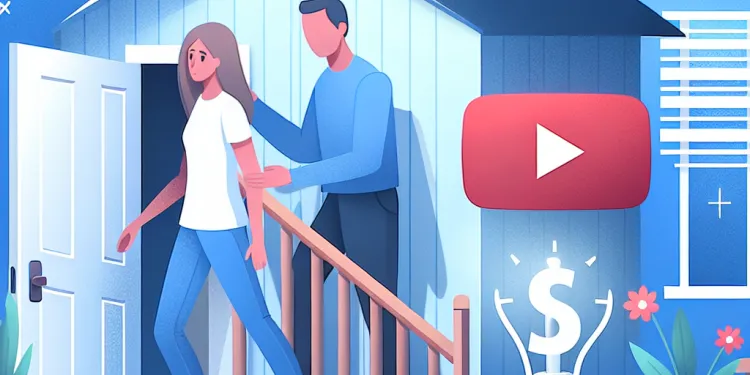
Steps to Take When Facing Domestic Abuse
Relevance: 23%
-
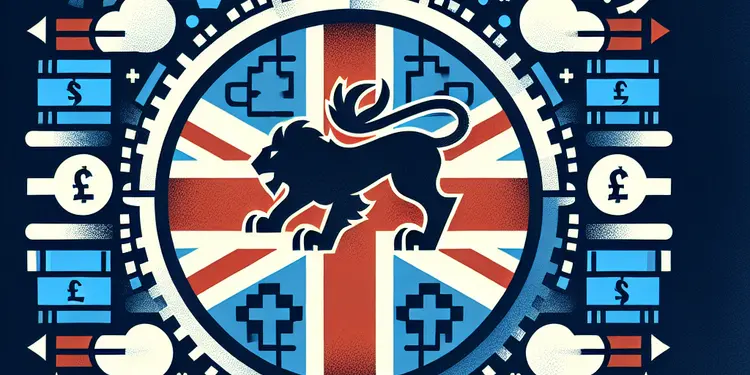
What constitutes economic abuse under the Domestic Abuse Act 2021?
Relevance: 22%
-
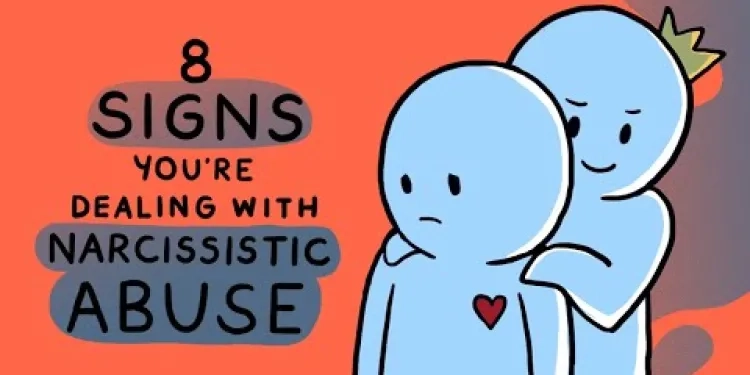
8 Signs You Are Dealing with Narcissistic Abuse
Relevance: 22%
-
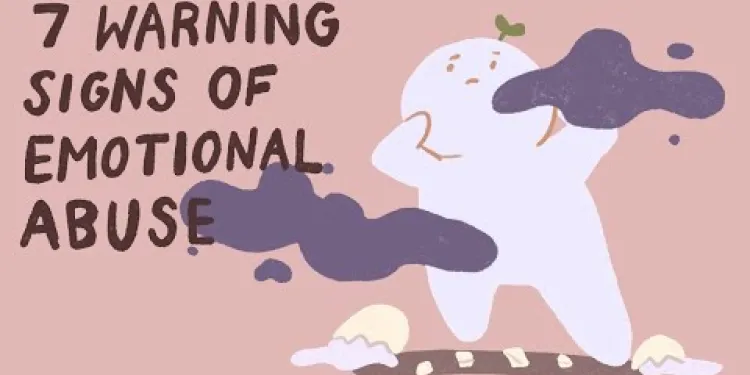
7 Warning Signs of Emotional Abuse
Relevance: 22%
-

Can men have mammograms?
Relevance: 21%
-
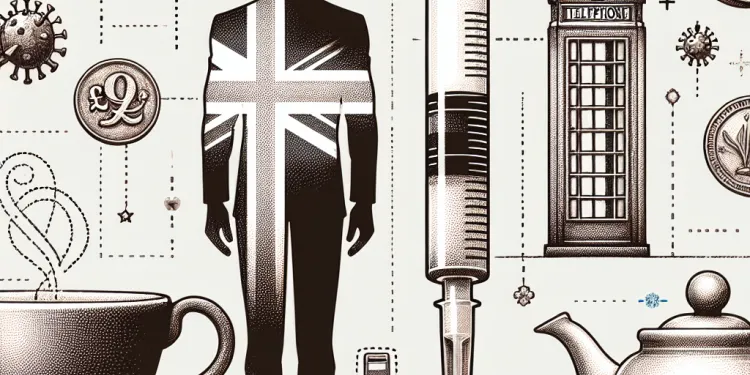
Do men need the HPV vaccine?
Relevance: 20%
-
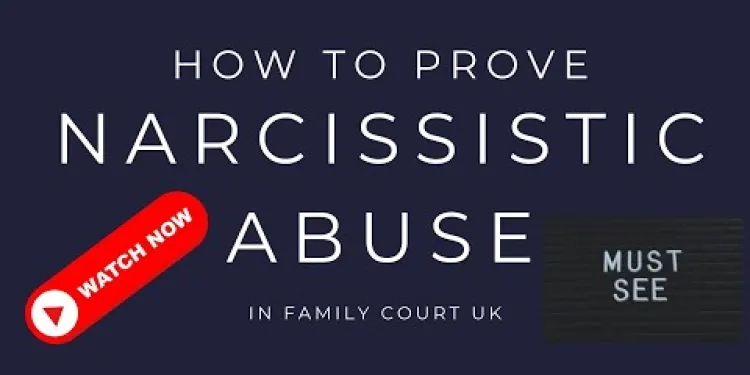
How To Prove Narcissistic Abuse In Family Court UK
Relevance: 20%
-

Live Fear Free - The Effect of Domestic Abuse on Children
Relevance: 19%
-

Can men in the UK transmit Zika virus if infected?
Relevance: 19%
-

Can HPV affect both men and women?
Relevance: 19%
-

Are men at risk of having their drinks spiked?
Relevance: 19%
-
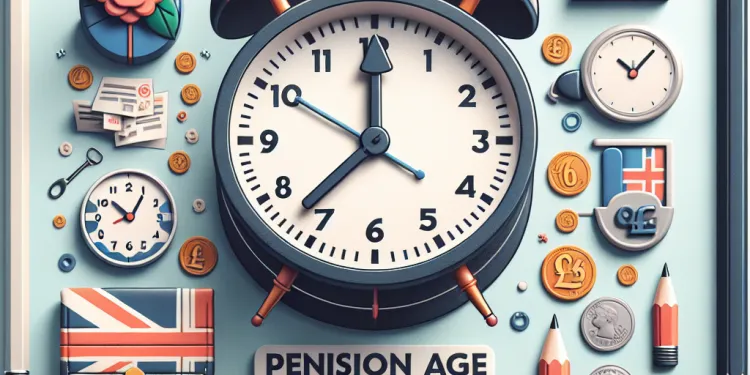
Are men and women's pension ages equalized?
Relevance: 19%
-
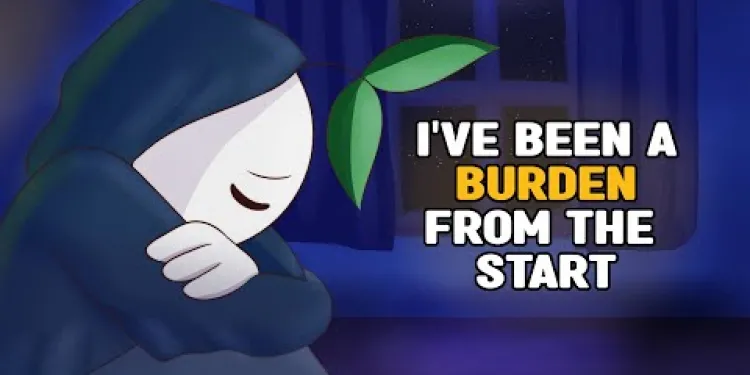
5 Signs You've Been Mentally Abused
Relevance: 19%
-

Why do men get prostate cancer?
Relevance: 18%
-
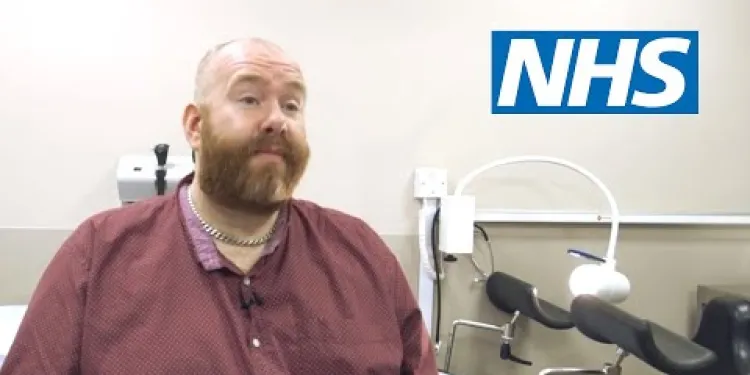
Cervical screening for transgender men | NHS
Relevance: 18%
-
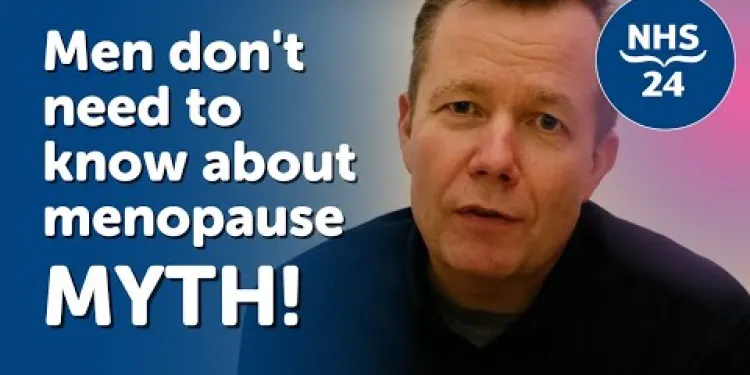
Men Don't Need to Know about Menopause | NHS 24
Relevance: 16%
-

Can women have different heart attack symptoms than men?
Relevance: 15%
-

Survivor of an Abdominal Aortic Aneurysm rupture appeals for men to take up NHS Screening Programme.
Relevance: 13%
-
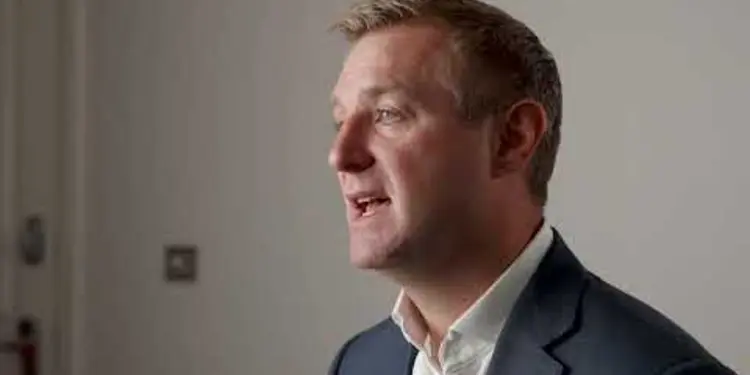
Aquablation Therapy takes around 45 minutes to do based upon the patients prostate size
Relevance: 13%
-
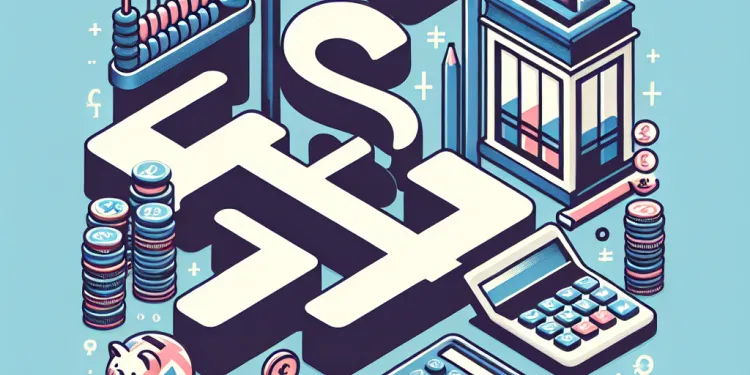
How can I calculate my new earnings based on the National Living Wage increase?
Relevance: 12%
Understanding Honour Based Abuse
Honour based abuse (HBA) is a form of violence and abuse committed in the name of preserving or protecting the perceived honour of a family or community. It is a serious violation of human rights and can include physical violence, sexual abuse, forced marriage, and even murder. The term "honour" refers to the idea of maintaining family or community prestige and reputation.
Can Men Be Perpetrators of Honour Based Abuse?
Yes, men can certainly be perpetrators of honour based abuse. In fact, in many cases, the roles of men within families and communities play a significant part in enforcing social norms and expectations related to honour. This often involves male family members exercising control over female relatives to ensure they conform to expected behaviours that align with traditional cultural or religious ideals.
The Role of Men in Honour Based Abuse
Men, particularly in patriarchal societies, are often viewed as the guardians of family honour. This role can lead them to perpetrate or condone acts of honour based abuse as a means of upholding cultural practices. For instance, male relatives, such as fathers, brothers, or uncles, might be involved directly or indirectly in planning and executing abusive acts against female members of the family.
Such abuse can also be carried out by male community leaders who perpetuate harmful cultural traditions, advocating for or ignoring abuse under the guise of maintaining honour. It's not uncommon for men to face immense pressure from wider family networks to engage in or support such activities, believing that their family or community's honour is at stake.
Addressing Male Perpetration of Honour Based Abuse
Combating honour based abuse requires addressing the roles men play in perpetuating such acts. It involves challenging patriarchal norms and promoting gender equality. Education and awareness-raising initiatives are critical in changing attitudes, helping communities understand that such abuse is both morally unacceptable and legally punishable in the UK.
Support services and legal frameworks in the UK provide avenues for victims to seek help and protection, while law enforcement agencies are trained to handle cases of honour based abuse with sensitivity and a comprehensive understanding of cultural contexts. Engaging men in discussions about healthy relationships, consent, and respect can also foster a shift away from harmful practices.
Conclusion
It is evident that men can be and often are perpetrators of honour based abuse. To effectively tackle this issue, society must work towards not only supporting victims but also transforming the cultural and societal norms that allow such abuse to persist. Engaging men as allies in this process is essential, encouraging them to reject violence and uphold human rights for all members of their communities.
Understanding Honour Based Abuse
Honour based abuse is when someone hurts others to protect the family's or community's "honour." Honour means the family's or community's good name. This type of abuse is very serious and against human rights. It can include hitting, sexual abuse, forcing someone into marriage, and even killing.
Can Men Be Perpetrators of Honour Based Abuse?
Yes, men can hurt others in the name of honour based abuse. Often, men play a big role in keeping the rules about honour in families and communities. This can mean controlling women in the family to make sure they follow traditions or beliefs.
The Role of Men in Honour Based Abuse
In some cultures, men are seen as the ones who must protect the family's honour. Because of this, they might hurt others or say it's okay to hurt them to keep traditions alive. Fathers, brothers, or uncles might plan or do harmful acts to female family members. Male leaders in the community might also support these harmful traditions. Men can feel pressure from other family members to act this way, thinking it protects their family's honour.
Addressing Male Perpetration of Honour Based Abuse
To stop honour based abuse, we need to talk about the part men play. We must change old beliefs and treat men and women equally. Teaching people about what is right and wrong is very important. In the UK, there are laws and support services that can help victims. Police are trained to deal with these cases carefully. Talking to men about being good partners and respecting others can help end these bad practices.
Conclusion
It is clear that men can be the ones causing honour based abuse. To fight this problem, we must help victims and change cultural beliefs that allow this abuse. Getting men to help stop violence and respect everyone's human rights is important for building safer communities.
Frequently Asked Questions
What is honour-based abuse?
Honour-based abuse is a violation of human rights, often involving violence, perceived to protect or defend the honour of a family or community.
Can men be perpetrators of honour-based abuse?
Yes, men can be perpetrators of honour-based abuse. It is often male family members who enforce traditional codes of conduct, but women can also be involved.
Why do men commit honour-based abuse?
Men may commit honour-based abuse due to cultural, religious, or familial pressure to uphold perceived moral values and family honour.
Is honour-based abuse a crime?
Yes, honour-based abuse is a crime in many countries and can include acts of violence, coercion, and even murder.
Can honour-based abuse occur in Western countries?
Yes, honour-based abuse can occur in any culture and country, including Western countries, often within immigrant communities while adhering to traditional practices.
How can society prevent men from committing honour-based abuse?
Educating communities, providing support services for victims, and promoting gender equality and human rights can help prevent honour-based abuse.
What role do men play in honour-based systems?
Men often play the role of enforcers in honour-based systems, maintaining control over women’s choices and behavior to ensure family honour.
Are there support services for victims of honour-based abuse?
Yes, there are support services such as hotlines, shelters, and NGOs that assist victims of honour-based abuse.
Do cultural beliefs justify honour-based abuse?
No, cultural beliefs do not justify honour-based abuse, as it is a violation of fundamental human rights.
Can men be victims of honour-based abuse?
Yes, while females are more commonly victims, men can also be victims of honour-based abuse.
Is honour-based abuse recognized internationally?
Yes, it is recognized internationally as a form of domestic and gender-based violence.
Are there legal consequences for men who engage in honour-based abuse?
Yes, perpetrators of honour-based abuse can face criminal charges and prosecution.
How can communities change honour-based practices?
Through education, dialogue, and challenging harmful traditions, communities can change honour-based practices.
What are some signs of honour-based abuse?
Signs include isolation, threats, forced marriage, and physical or emotional abuse.
Do religious texts endorse honour-based abuse?
No major religious texts endorse honour-based abuse; such practices stem from cultural misinterpretations.
What is the impact of honour-based abuse on communities?
It creates fear, fosters inequality, and harms the social fabric of communities.
Can honour-based abuse lead to honour killings?
Yes, in extreme cases, honour-based abuse can result in honour killings.
Do governmental policies address honour-based abuse?
Many governments have laws and policies to protect victims and address honour-based abuse.
How can one report honour-based abuse?
Honour-based abuse can be reported to law enforcement, social services, or local support agencies.
What can be done to support male perpetrators to change?
Providing education, counseling, and rehabilitation programs can help male perpetrators change their behavior.
What is honour-based abuse?
Honour-based abuse is when someone is hurt or treated badly because their family or community thinks they brought shame or dishonor. It's not their fault, and they don't deserve to be treated this way.
If you're worried about honour-based abuse, talk to a trusted adult or contact a helpline for help. You can write down what you feel or tell someone you trust. There are people who want to help you stay safe.
Honour-based abuse is when someone is hurt to protect the family's good name. This is against human rights because it harms people.
Can men hurt others because of family honor?
Yes, men can hurt others to protect family honor.
If you need help, talk to someone you trust.
Use phones or computers to find more help if you need it.
Yes, men can hurt others through honor-based abuse. Usually, male family members try to make sure everyone follows old family rules. But women can also be part of it.
If you need help understanding, you can use pictures or talk to someone you trust.
Why do some men hurt others to protect family pride?
Sometimes, men might hurt others because they feel it's important to keep their family's honour. They might do this because of what their culture, religion, or family tells them is right.
Is honour-based abuse a crime?
Honour-based abuse is when someone hurts another person because they think it will protect their family's honour or reputation. This is against the law. Hurting people is wrong and is a crime.
If you or someone you know is in danger, tell a trusted adult or call the police. You can also talk to a teacher or call a helpline for help.
Using simple words with pictures can help you understand better. Asking questions if something is not clear is also a good idea.
Yes, hurting someone for honour is against the law in many places. It can include hurting, forcing, or even killing someone.
Can honour-based abuse happen in Western countries?
Yes, it can. Honour-based abuse can happen anywhere in the world, including Western countries like the United States, Canada, or the UK.
Honour-based abuse is when someone is hurt because of their family's beliefs about honour. It can be physical or emotional.
If you or someone you know is affected, it's important to talk to someone who can help, like a teacher or the police. They can provide support and protection.
Yes, honour-based abuse can happen in any country or culture. It can also happen in Western countries, often in immigrant communities. They might follow old customs.
How can we stop men from hurting others to protect family pride?
Let's talk about how to keep people safe. Sometimes, people hurt others because they think it protects their family's honor or pride. Here are some ways we can help stop this:
- Talk and Share: Families and friends can have open talks about feelings and respect. Adults should listen to kids and understand their worries.
- Learn Together: Schools and groups can teach everyone about respect and kindness. Learning about different cultures and ideas helps us get along better.
- Helplines and Support: If someone feels unsafe, they can call a helpline to talk to people who want to help. It's important to ask for help if you or someone you know needs it.
- Work with Helpers: Policemen, doctors, and teachers can help keep everyone safe. They know what to do when someone is in trouble.
We all have to work together to stop this kind of hurt. It's important for everyone to be safe and happy.
We can stop honour-based abuse by doing some important things. We need to teach our communities about it. We can also help people who have been hurt by it. It is important to treat everyone equally and respect their rights.
Here are some tips that can help:
- Learn more about what's right and wrong.
- Talk to people you trust about these issues.
- Use tools like picture books or simple videos to understand better.
- Ask for help from teachers or family members when you don't understand something.
What do men do in honour systems?
Honour systems are ways of living where respect and family honour are very important.
In these systems, men often have special jobs:
- Men make rules for what is right and wrong in their family or group.
- They make sure everyone follows these rules.
- They protect their family's honour if they feel it is at risk.
For help in reading, try using audiobooks or reading apps. These can help you understand better.
In some families, men make sure that women follow certain rules. They do this because they believe it keeps the family's honor, or respect, safe.
Some tools that could help with understanding are:
- Simple Text Tools: These change difficult words to easy words.
- Reading Aloud Apps: These read the text out loud for you.
Can people get help if they are hurt by honour-based abuse?
Yes, there are people and places that can help if you are hurt by honour-based abuse. This means if your family or community hurts you because they think you broke their rules.
Here are some ways to get help:
- Tell a trusted adult or friend about what is happening.
- Call a helpline to talk to someone who understands and can help.
- Go to a safe place like a community center or support group.
Remember, you are not alone, and it's okay to ask for help.
Yes, there are places that help people who are hurt because of honour-based abuse. They have phone lines you can call for help, safe places to stay, and groups that help people.
Is it okay to hurt someone because of cultural beliefs?
No, it is not okay to hurt someone because of cultural beliefs. Hurting someone like that goes against human rights, which are basic rules for treating everyone well.
Can men be hurt by honour-based abuse?
Yes, men can be hurt by honour-based abuse. This happens when someone feels harmed or bullied because of family or culture rules.
If you need help, talk to someone you trust, like a family member, teacher, or friend. You can also call a helpline for support.
Using pictures or stories can help you understand better. Talking about your feelings with someone can also be useful.
Yes, it is true that girls and women are more often victims. But boys and men can be victims of honor-based abuse, too.
Do people around the world know about honour-based abuse?
Honour-based abuse is when someone hurts another person to protect their family’s honour. Not everyone in the world knows about it in the same way. Some countries have laws against it, while others do not.
If you want to learn more, you can ask a trusted adult or use simple language guides. Watching videos with subtitles can also help.
Yes, people all around the world know that it is a type of hurtful behavior that happens at home and is unfair to men or women.
Can men get in trouble with the law for honour-based abuse?
Honour-based abuse is when someone hurts another person to protect the family's honour. This is against the law. Men who do this can get in trouble with the police. They might have to go to court. If the judge says they are guilty, they can go to jail. It's important to know that everyone should feel safe.
If you or someone you know is hurt, tell a trusted adult. You can also call the police or a helpline for help. They are there to protect you.
Yes, people who hurt others in the name of 'honour' can get in trouble with the law and go to court.
How can communities change honour-based practices?
Honour-based practices are rules and traditions some families follow. Sometimes these practices can be hurtful. Let's see how we can help make changes.
Talk Together: It is good to talk to each other. Families and friends can share their thoughts and feelings. Listening to each other can help everyone understand better.
Learn More: Learning new things can help us change old ways. Reading books or talking to experts can teach us about how to be kinder and fairer.
Support Each Other: We can help people who want to change. Being a good friend and standing by them is important.
Use Technology: We can use phones and computers to find help. There are websites and hotlines where people can get advice.
Talk to Leaders: Community leaders can listen to ideas for change. Working with them can help make new, better rules.
We can help stop bad traditions by learning, talking, and questioning them. This will help communities change.
What are some signs of honour-based abuse?
Here are some signs of honour-based abuse:
- Being hurt because of family rules about tradition.
- Being forced to marry someone you don't want to marry.
- Being kept away from your friends or school.
- No freedom to make your own choices.
- Being threatened or scared by your family.
If these things are happening to you or someone you know, tell a teacher or another caring adult. They can help. You can also talk to a support line for advice.
Here are some warning signs:
- Being kept away from family and friends.
- Being scared by threats.
- Being forced to get married.
- Being hurt physically or emotionally.
If you notice these signs, talk to a trusted adult or friend. Writing down what is happening can help. You can also call a helpline to get support.
Do holy books say it's okay to hurt for family honor?
Big religious books do not say honour-based abuse is okay. This bad behavior comes from people misunderstanding their culture.
How does honour-based abuse affect communities?
Honour-based abuse is when someone hurts people to protect their family's honour or reputation. This can make people in the community feel scared. These are some ways it affects communities:
- Fear: People may feel scared to talk to others or ask for help.
- Isolation: People might feel alone and not want to join in community activities.
- Mistrust: It can be hard to trust people if you are worried about being judged or hurt.
If you or someone you know is affected by honour-based abuse, it is important to talk to a trusted adult or contact support helplines. They can help and give advice.
It makes people scared, treats people unfairly, and hurts how people get along in communities.
Can abuse about family honor lead to someone being killed?
Sometimes, families want to protect their honor. Honor means how other people see the family.
When someone in the family does something that the family thinks looks bad, they might be mistreated. This is called honor-based abuse.
In very bad cases, this might lead to honor killings. This is when someone is hurt or even killed to protect the family’s honor.
If you are worried about honor-based abuse, talk to someone you trust. You can also call a helpline for help.
Sometimes, people get hurt because of honour-based abuse. In very bad cases, this can lead to someone being killed to protect family honour. If this makes you worried or you need help, talk to a trusted adult. You can also use tools like picture cards to help explain your feelings. It's important to stay safe and ask for help when you need it.
Do government rules help stop honour-based abuse?
A lot of countries have rules to help and protect people who are hurt by honour-related abuse.
How can you tell someone about honour-based abuse?
If you or someone you know is in danger because of honour-based abuse, it is important to tell someone who can help. Here is what you can do:
- Talk to a trusted adult: This could be a teacher, a family member, or a friend who can help you.
- Call the police: If you are in danger, you can call the police for help. They can keep you safe.
- Contact a helpline: There are phone numbers you can call to talk to someone who understands honour-based abuse. They can give you advice and support.
- Write it down: If talking is hard, you can write a note or an email to someone you trust.
Remember, it is okay to ask for help, and there are people who can support you.
You can tell the police, social services, or local help groups if someone is being hurt because of "honour".
How can we help men who hurt others to change?
Education, counseling, and programs can help men change their bad behavior.
Useful Links
This website offers general information and is not a substitute for professional advice.
Always seek guidance from qualified professionals.
If you have any medical concerns or need urgent help, contact a healthcare professional or emergency services immediately.
Some of this content was generated with AI assistance. We’ve done our best to keep it accurate, helpful, and human-friendly.
- Ergsy carfully checks the information in the videos we provide here.
- Videos shown by Youtube after a video has completed, have NOT been reviewed by ERGSY.
- To view, click the arrow in centre of video.
- Most of the videos you find here will have subtitles and/or closed captions available.
- You may need to turn these on, and choose your preferred language.
- Go to the video you'd like to watch.
- If closed captions (CC) are available, settings will be visible on the bottom right of the video player.
- To turn on Captions, click settings .
- To turn off Captions, click settings again.
More Items From Ergsy search
-

Can men be perpetrators of honour based abuse?
Relevance: 100%
-

What is Honour Based Abuse?
Relevance: 78%
-

Is honour based abuse a cultural practice?
Relevance: 74%
-

Who can be a victim of honour based abuse?
Relevance: 62%
-

How does honour based abuse impact victims?
Relevance: 60%
-

What are the signs of honour based abuse?
Relevance: 58%
-

How can honour based abuse be prevented?
Relevance: 55%
-

What forms can honour based abuse take?
Relevance: 51%
-

Who can be considered a domestic abuse perpetrator under the new law?
Relevance: 47%
-

What is the purpose of honour based abuse?
Relevance: 33%
-

How prevalent is honour based abuse?
Relevance: 33%
-

Understanding the New Domestic Abuse Laws in the UK
Relevance: 30%
-

What is the new Domestic Abuse Act in the UK?
Relevance: 29%
-

When did the Domestic Abuse Act 2021 come into effect?
Relevance: 29%
-

Are you a male victim of domestic abuse?
Relevance: 29%
-

Understanding the Impact of the UK's New Domestic Abuse Legislation
Relevance: 28%
-

When Kids Abuse Kids
Relevance: 27%
-

Live Fear Free - Domestic Abuse
Relevance: 25%
-

Three-year limit for child sexual abuse claims to be removed
Relevance: 25%
-

6 Signs of Emotional Abuse and Neglect
Relevance: 23%
-

Steps to Take When Facing Domestic Abuse
Relevance: 23%
-

What constitutes economic abuse under the Domestic Abuse Act 2021?
Relevance: 22%
-

8 Signs You Are Dealing with Narcissistic Abuse
Relevance: 22%
-

7 Warning Signs of Emotional Abuse
Relevance: 22%
-

Can men have mammograms?
Relevance: 21%
-

Do men need the HPV vaccine?
Relevance: 20%
-

How To Prove Narcissistic Abuse In Family Court UK
Relevance: 20%
-

Live Fear Free - The Effect of Domestic Abuse on Children
Relevance: 19%
-

Can men in the UK transmit Zika virus if infected?
Relevance: 19%
-

Can HPV affect both men and women?
Relevance: 19%
-

Are men at risk of having their drinks spiked?
Relevance: 19%
-

Are men and women's pension ages equalized?
Relevance: 19%
-

5 Signs You've Been Mentally Abused
Relevance: 19%
-

Why do men get prostate cancer?
Relevance: 18%
-

Cervical screening for transgender men | NHS
Relevance: 18%
-

Men Don't Need to Know about Menopause | NHS 24
Relevance: 16%
-

Can women have different heart attack symptoms than men?
Relevance: 15%
-

Survivor of an Abdominal Aortic Aneurysm rupture appeals for men to take up NHS Screening Programme.
Relevance: 13%
-

Aquablation Therapy takes around 45 minutes to do based upon the patients prostate size
Relevance: 13%
-

How can I calculate my new earnings based on the National Living Wage increase?
Relevance: 12%


